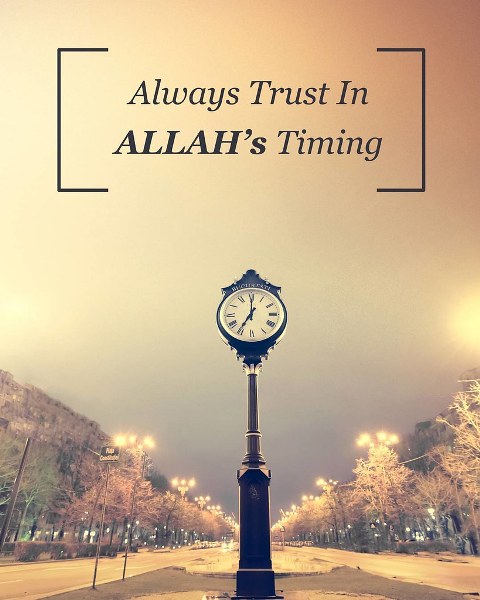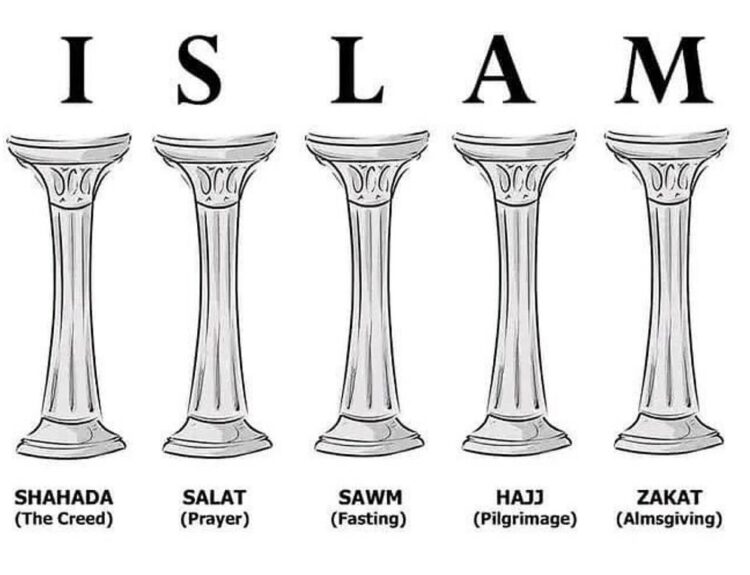The question of fate and free will has fascinated philosophers, theologians, and ordinary believers for centuries. In Islam, the doctrine of predestination-al-qadr-is a pillar of faith, yet it is also a source of deep reflection and, at times, confusion. How can Allah’s (SWT) absolute knowledge and will coexist with human freedom and responsibility?
The Significance of Predestination (Qadr) in Islamic Belief
Belief in qadr (divine decree) is one of the six pillars of faith in Islam. It affirms that Allah (SWT) is all-knowing, all-powerful, and that nothing occurs except by His will. Yet, Islam also upholds human accountability, reward, and punishment-implying the reality of free will. This balance is not just a theological abstraction; it shapes how Muslims view their lives, make decisions, and find meaning in both joy and hardship.
Allah says in the Qur’an:
“Indeed, We have created all things with predestination.”
(Qur’an 54:49)
At the same time, the Qur’an repeatedly addresses human choice:
“And say, ‘The truth is from your Lord, so whoever wills-let him believe; and whoever wills-let him disbelieve.’”
(Qur’an 18:29)
Understanding Qadr: The Pillar of Divine Destiny
What Is Predestination in Islam?
Qadr refers to Allah’s eternal knowledge, will, and decree of everything that happens in the universe. This includes the good and the bad, the significant and the mundane. The Prophet Muhammad (peace be upon him) explained:
“The first thing Allah created was the Pen. He said to it: ‘Write.’ It said: ‘My Lord, what should I write?’ He said: ‘Write what will happen until the Day of Resurrection.’”
(Jami’ at-Tirmidhi, authentic)
This hadith, widely accepted in mainstream collections, underscores that all events are encompassed by Allah’s knowledge and decree.
The Four Levels of Qadr
Islamic scholars traditionally describe four aspects of qadr:
- Knowledge: Allah knows everything-past, present, and future.
- Writing: Everything is written in al-Lawh al-Mahfuz (the Preserved Tablet).
- Will: Nothing happens except by Allah’s will.
- Creation: Allah is the Creator of all things, including actions.
Yet, within this framework, humans are not mere puppets. The Qur’an and Sunnah make clear that we are responsible for our choices.
Human Free Will: The Trust and the Test
Qur’anic Evidence for Free Will
The Qur’an unequivocally affirms human responsibility:
“Indeed, We guided him to the way, be he grateful or be he ungrateful.”
(Qur’an 76:3)“Every soul is held in pledge for what it has earned.”
(Qur’an 74:38)
These verses, and many others, show that human beings have the capacity to choose faith or disbelief, good or evil, and are held accountable for their actions.
The Amanah (Trust) and Human Responsibility
Allah (SWT) says:
“We did indeed offer the Trust to the heavens and the earth and the mountains, but they refused to bear it and were afraid of it; but man undertook it…”
(Qur’an 33:72)
According to Ibn Abbas (RA), this trust refers to the responsibility of free will and moral accountability. Unlike other creatures, humans accepted this burden, making choice central to our existence.
Reconciling Divine Will and Human Choice
How Do Qadr and Free Will Coexist?
The coexistence of divine decree and human agency is a subtle but essential aspect of Islamic theology. Allah’s knowledge is absolute and encompasses all that will happen, but this does not mean He forces humans to act in a certain way.
As explained by scholars and summarized in Islamic resources:
- Allah knows what we will choose, but does not compel us.
- We choose our actions freely and are judged accordingly.
- Allah’s will encompasses all, but His justice ensures that we are only accountable for what we intend and do.
The Prophet Muhammad (PBUH) said:
“Each of you is created in your mother’s womb… then an angel is sent and commanded to write four things: his provision, his lifespan, his deeds, and whether he will be wretched or blessed…”
(Sahih Bukhari, Sahih Muslim)
Scholars clarify that while these matters are written, they are based on Allah’s perfect knowledge of what each person will choose-not compulsion[9].
The Middle Path: Neither Fatalism nor Absolute Autonomy
Islam rejects both fatalism (the idea that we have no control) and absolute autonomy (that we are independent of Allah). The Qur’an says:
“But you cannot will, except that Allah wills.”
(Qur’an 76:30)
This verse affirms that while we make choices, nothing happens outside of Allah’s will. Our free will operates within the broader scope of divine decree.
Addressing Common Questions About Predestination in Islam
Does predestination mean our actions are meaningless or that we are not responsible?
No. Islam teaches that while Allah knows and decrees all things, humans are responsible for their choices. The Qur’an’s commands, prohibitions, and the promise of reward and punishment all presuppose real human agency.
How can Allah judge us if He already knows our fate?
Allah’s knowledge does not force our actions. We act freely, and Allah’s judgment is based on what we actually choose to do. If there were no real choice, reward and punishment would be meaningless and unjust.
Can destiny change, or is everything fixed?
Some aspects of destiny are fixed, but Allah, in His wisdom, can change certain decrees in response to our choices, prayers, and repentance. The Prophet (PBUH) said:
“Nothing increases one’s lifespan except good deeds, and nothing repels divine decree except supplication…”
(Jami’ at-Tirmidhi, authentic)
If Allah wills everything, why make effort or pray?
Effort and prayer are themselves part of Allah’s decree and the means by which outcomes are achieved. The Prophet (PBUH) taught us to act, strive, and trust in Allah’s wisdom, embodying both reliance (tawakkul) and effort.
How does belief in qadr help Muslims cope with hardship?
Belief in qadr brings comfort and resilience. Knowing that all events unfold by Allah’s wisdom helps Muslims accept trials, avoid despair, and maintain hope, as Allah reminds us:
“No disaster strikes except by permission of Allah…”
(Qur’an 64:11)
The Contemporary Relevance of Predestination and Free Will
In a world of uncertainty, belief in qadr offers Muslims a framework for navigating life’s challenges. It encourages proactive effort, ethical responsibility, and spiritual contentment. Modern Muslims apply this doctrine by:
- Striving for excellence while trusting Allah’s plan
- Accepting setbacks with patience and hope
- Taking responsibility for their choices and seeking forgiveness for mistakes
- Avoiding blame or arrogance for success, recognizing Allah’s ultimate control
This balance cultivates humility, gratitude, and perseverance.
Key Takeaways and Reflection
Predestination in Islam is neither a denial of human agency nor a license for despair. It is a profound affirmation of Allah’s wisdom, knowledge, and mercy, alongside the dignity and responsibility of human choice. The Qur’an and Sunnah guide Muslims to live purposefully-striving for good, repenting from mistakes, and trusting in Allah’s perfect plan.
As you reflect on your own journey, remember the words of the Prophet Muhammad (PBUH):
“Strive for that which will benefit you, seek Allah’s help, and do not give up. If something befalls you, do not say, ‘If only I had done such and such,’ but say, ‘Qaddar Allah wa ma sha’a fa’al (Allah has decreed, and what He wills, He does),’ for ‘if only’ opens the door to the work of Satan.”
(Sahih Muslim)
May belief in qadr inspire you to act with hope, humility, and trust-embracing both the freedom to choose and the comfort of Allah’s encompassing will.






